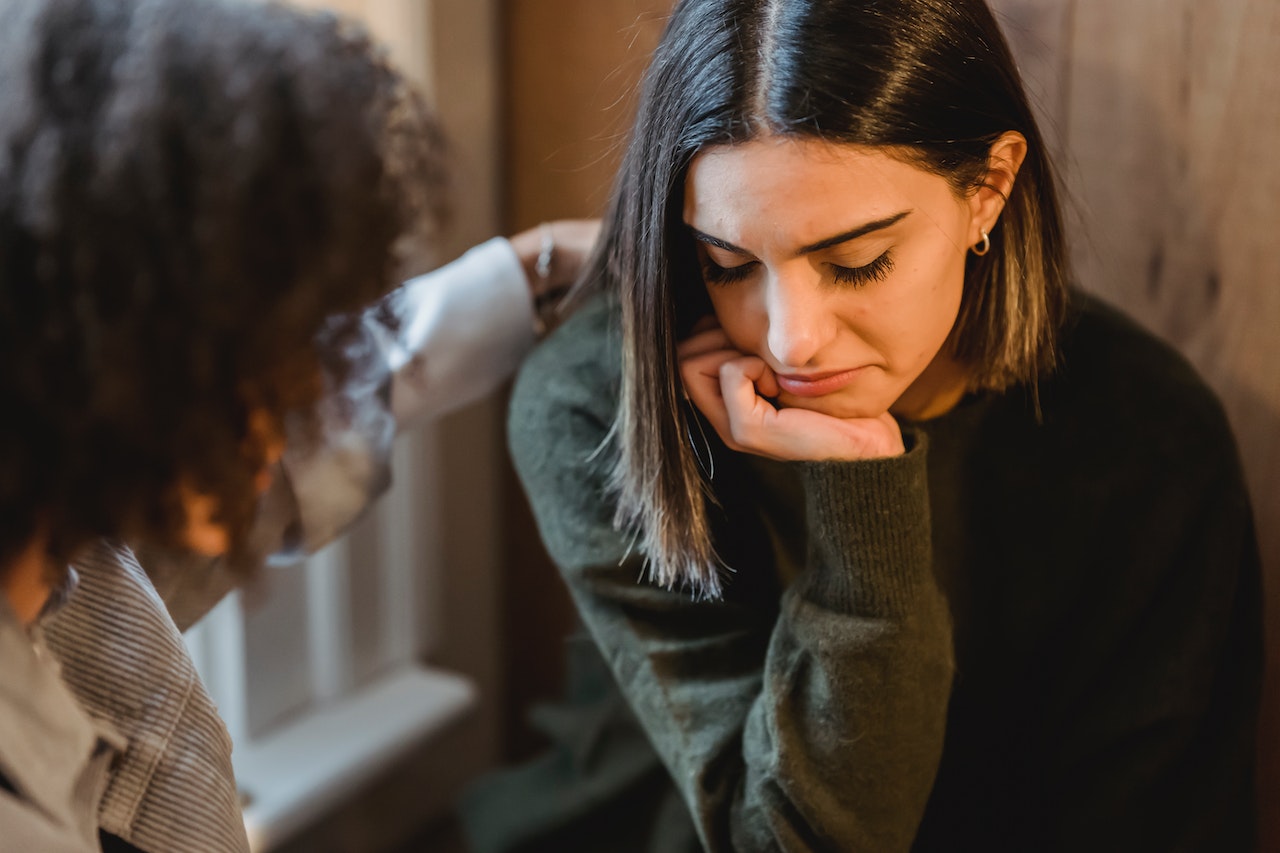
The Truth About Alcohol and Opioid Use Disorder
Many people who use opioids also drink alcohol, and some of them habitually use the combination together. However, doing this can lead to serious consequences. People with opioid use disorder risk who also use alcohol can accidentally overdose.
Why Are Alcohol and Opioids Together Dangerous?
Both are central nervous system depressants. Combined, their effects can be amplified, leading to heightened sedation and respiratory depression. This, in turn, increases the risk of overdose. People who drink and use opioids may have a tolerance to one or both drugs, which means they take a higher dosage than recommended.
Polysubstance use involving opioids and alcohol is fairly common. Research has shown that individuals with opioid use disorders often engage in concurrent alcohol use and vice versa. This comorbidity requires treatment. People with opioid use disorder must abstain from alcohol and other drugs to recover.
Alcohol Use Disorder Alongside Opioid Use Disorder
People may have an alcohol use disorder alongside opioid use disorder. This is why treatment centers have clients abstain from all mood-altering substances.
People who regularly drink alongside opioids are more likely to develop addictions to both. Chronic use of the two can lead to various physical and mental health problems. For example, opioids and alcohol can negatively impact liver function and increase the risk of liver disease. The two also affect cognitive abilities and motor skills, increasing the likelihood of accidents and injuries.
Problems Caused by Polysubstance Use
Criminal justice involvement is often a part of the life of a person who has an active substance use disorder. Many people who drink are stopped while driving drunk. Some people get violent or make other bad decisions while drinking. A person addicted to opioids may steal, write fake prescriptions, or otherwise break the law to get a steady supply of opioids.
Both alcohol and opioids are highly addictive substances. They do have similarities, however. Both are central nervous system depressants, i.e., downers. They can relax people and lift their inhibitions. They are also physically addictive and can cause users to develop a tolerance, requiring more alcohol or opioids to get the desired effect.
Opioid Use Disorder Is a Disease of the Brain
OUD is considered a disease of the brain. A person's brain and body chemistry change because of the substances put in them. Nobody knows exactly why one person may be more prone to addiction than another. It could be a combination of factors, including environment, socioeconomic status, or environment. People who live with mental illness, have experienced abuse or trauma, or are part of a marginalized group such as Native Americans may be more likely to fall victim to drug misuse.
Getting Sober from Opioids and Alcohol
Because both drugs are physically addictive, each can potentially exacerbate the withdrawal symptoms of the other. Treating individuals with both opioid use disorder and alcohol use disorder requires a comprehensive approach.
Many people need to detox before beginning a therapy or treatment program. They may or may not qualify for Medication-Assisted Treatment, depending on the severity of each disorder. Either way, a person using both drugs will need treatment in the form of therapy and possibly peer support groups to help on their journey.
Treatment should involve all substances that a person is misusing.
Drinking alongside opioids is a significant public health concern. Both substances can have dangerous interactions and increase the risk of severe health consequences, including overdose and death.
Getting Help for Opioid Use Disorder
If you or a loved one in North Carolina needs help with opioid use disorder, we’re here to get started. We offer compassionate care, MAT (if appropriate), and therapy options to help you learn to live opioid-free. Get in touch at 910-295-7246 to learn more about your options.
If you are in need of help, please call us at: 910-295-7246 or message us.
Categories
opioids Treatment
